Here are my favorite quotes about genealogy and family history from well-known writers.
Some are intriguing, some are a warning to modern generations, and some are inspirational.
You may have seen shorter forms of the full quotes that I present here. I find that these lists often miss most of the meaning. I’ll give you the author, the book, the full quote, and the context.
Our Dead Are Never Dead To Us
“Our dead are never dead to us until we have forgotten them: they can be injured by us, they can be wounded; they know all our penitence, all our aching sense that their place is empty, all the kisses we bestow on the smallest relic of their presence”.
George Eliot, Adam Bede
The first part of this sentence is often quoted alone. It’s a fantastic line, but it’s not the full sentence from the novel Adam Bede. The full quote is even more intriguing.
George Eliot was an English female novelist who lived a long and interesting life in the 19th century.
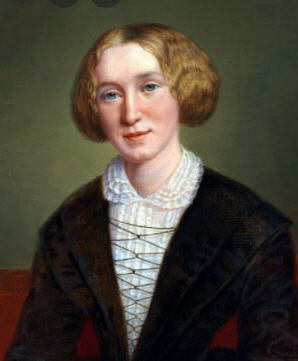
The quote is from her first novel, Adam Bede, which was published in 1859. It was particularly admired by her contemporary Charles Dickens.
We’ll All Become Stories
“In the end, we’ll all become stories. Or else we’ll become entities. Maybe it’s the same.”
Margaret Attwood, Moral Disorder and Other Stories
The Canadian poet and novelist Margaret Atwood is the writer of Handmaid’s Tale, which has been very successfully televised.
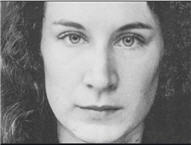
But this quote comes from a collection of short stories that interconnect through the same main character.
The Past Could Be Jettisoned
“The past could be jettisoned, children buried and parents left behind, but seeds got carried.”
Joan Didion, Where I Was From
Joan Didion is an American essayist, novelist and playwright. Her writing was greatly influenced by Hemingway, but also by George Eliot (the author of our opening quote).
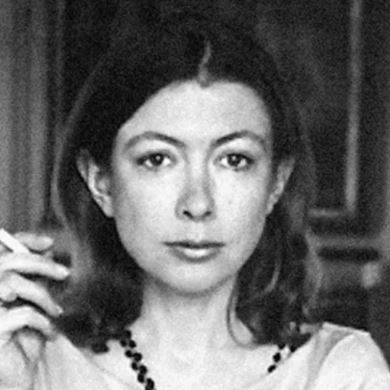
The book, “Where I Was From”, is a collection of essays published in 2003. It’s a mix of memoir and the history of Didon’s home state of California.
Didion writes about her 4th great-grandmother in Virginia in 1766 and traces the story of the women in her family down to her mother.
She writes of how each generation could move a thousand miles from the last. They’d settle and grow a vegetable garden from seeds carried from the last place.
And then comes the full quote that I opened this section with. You’ll often see the quote as “the past could be jettisoned…but seeds got carried.” But I think that omits the most important parts!
Every Person Is Defined By The Communities She Belongs To
“Every person is defined by the communities she belongs to and the ones she doesn’t belong to. I am this and this and this, but definitely not that and that and that.”
Orson Scott Card, Speaker For The Dead
Orson Scott Card is an American science fiction writer with a prolific output of novels and short stories.
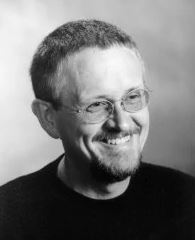
His best known works are his science fiction novels “Ender’s Game” and “Speaker For The Dead”, the first two books in a series. The first was made into a film in 2013.
Card’s young protagonist sets out to tell the history of a people that he unwittingly helped destroy. The quote about communities is by a female character in Speaker For The Dead.
This quote is often cut to the opening piece that I put in the heading. I think the meaning is more clear with the rest of the sentences.
To Understand History We Have To Go Inside
He explained that history was like an old house at night. With all the lamps lit. And ancestors whispering inside.
“To understand history,” Chacko said, “we have to go inside and listen to what they’re saying. And look at the books and the pictures on the wall. And smell the smells.”
Arundhati Roy, The God Of Small Things
Don’t we all wish that we could go inside the houses of our ancestors, listen to them speak? As many of my ancestors were poor peasant folk, I could forego the smells!
Arundhati Roy is an Indian writer who burst onto the Western literary scene with her first novel, The God Of All Small Things.
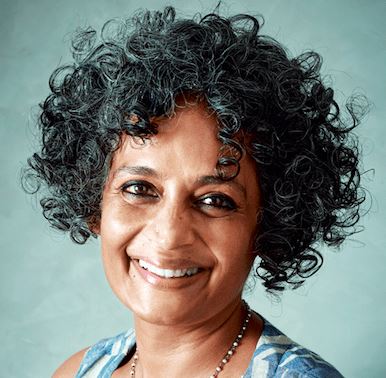
The quote is by a character explaining the contradictions of an Indian family who are highly anglicized, yet still so influenced by their roots.
Line Of The First Jin When They Made The World
My name’s Elai, Ellai’s daughter, line of the first Cloud, the first Elly; of Pia, line of the first Jin when they made the world. And you’re on my land.
CJ Cherryh, Forty Thousand In Gehenna
CJ Cherryh is a prolific science fiction writer. Her novel “40,000 In Gehenna” was published in 1983 and is part of a set of books within the same universe.
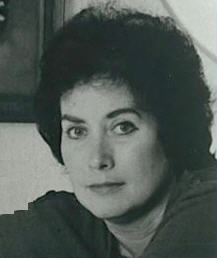
It’s a story of planet colonization where subsequent generations become more primitive.
This isn’t my favorite novel from the author, but the quote is intriguing and ends with a punch.
People Will Not Look Forward To Posterity…
People will not look forward to posterity who never look backward to their ancestors.
Edmund Burke, Reflections On The Revolution In France
Edmund Burke was a British politician of Irish descent. His great work of essays, “Reflections On The Revolution In France”, was published in 1790.
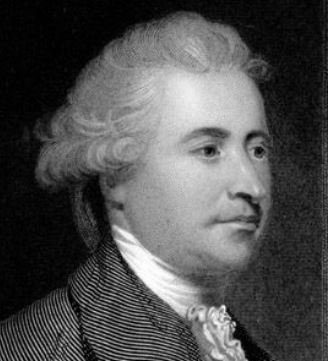
Other quotes of Burke are more well known, but this one catches my eye for genealogy. Students of politics and history have differing views of what the quote means.
To me, he’s saying that our own story will be lost if we don’t seek out the stories of our ancestors. Make up your own mind!
Children Of Many Sires
We are the children of many sires, and every drop of blood in us in its turn betrays its ancestor.
Ralph Waldo Emerson, Journals And Miscellaneous Books Volume IX
Emerson was a 19th century American philosopher and essayist. This quote is from a volume of his journals from 1843 to 1847.
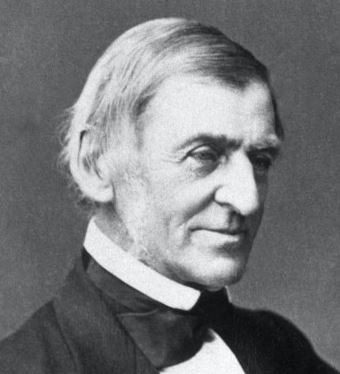
It probably goes without saying (but I’ll say it anyway): the meaning of “betray” here is different from modern parlance. You can read it as “reveals”.
When A Society Perishes…They Forgot Where They Came From
For we know when a nation goes down and never comes back, when a society or a civilization perishes, one condition may always be found.
They forgot where they came from. They lost sight of what brought them along.
Carl Sandburg
Carl Sandburg was an American poet and a biographer of Abraham Lincoln. He was also a Civil Rights activist. He won three Pulitzers for his work.
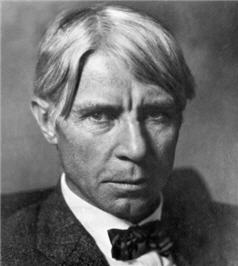
I wish I could find a full version of the poem or text with this quote. If anybody knows, drop me a line in the comments.
Kings And Slaves Among Ancestors
There is no king who has not had a slave among his ancestors, and no slave who has not had a king among his.
Helen Keller, Story Of My Life
Helen Keller was an American writer who was the first deaf and blind woman to graduate college. Born in 1880, she lived a long life of activism for disability rights, women’s suffrage, civil rights, and world peace.
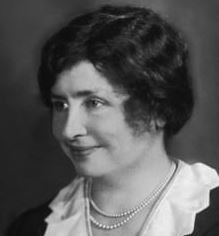
She opened her memoir from 1903 with a passage that muses on the coincidence that one of her Swiss ancestors was the first teacher of the deaf in Zurich. She goes on to write the well-known quoted line.
Quotes Through Video
Like video? Check out our video montage of genealogy quotes.